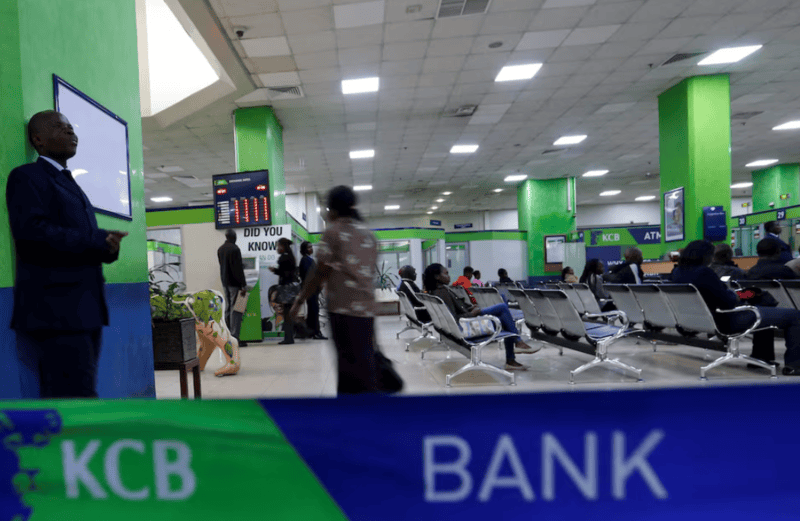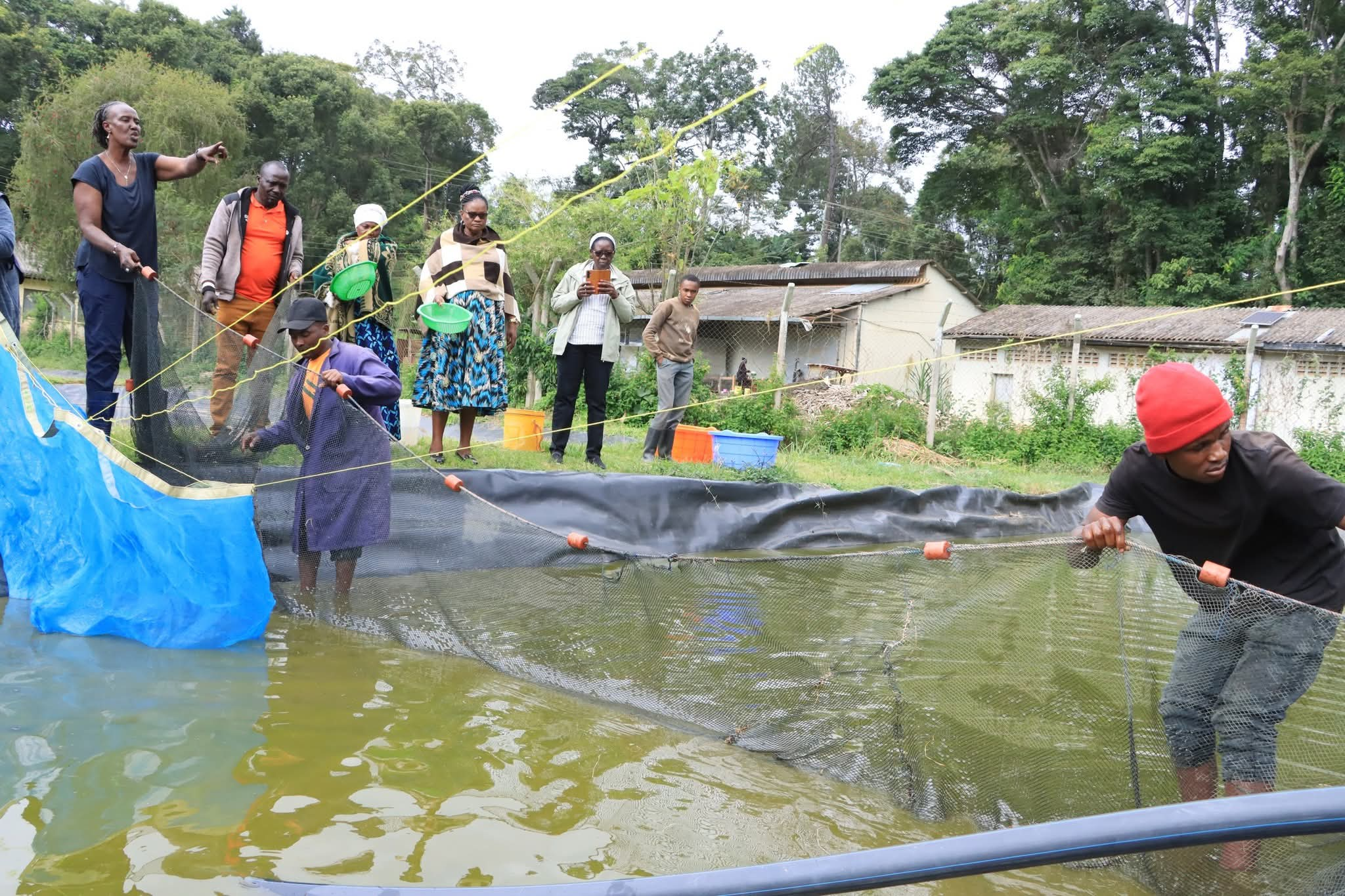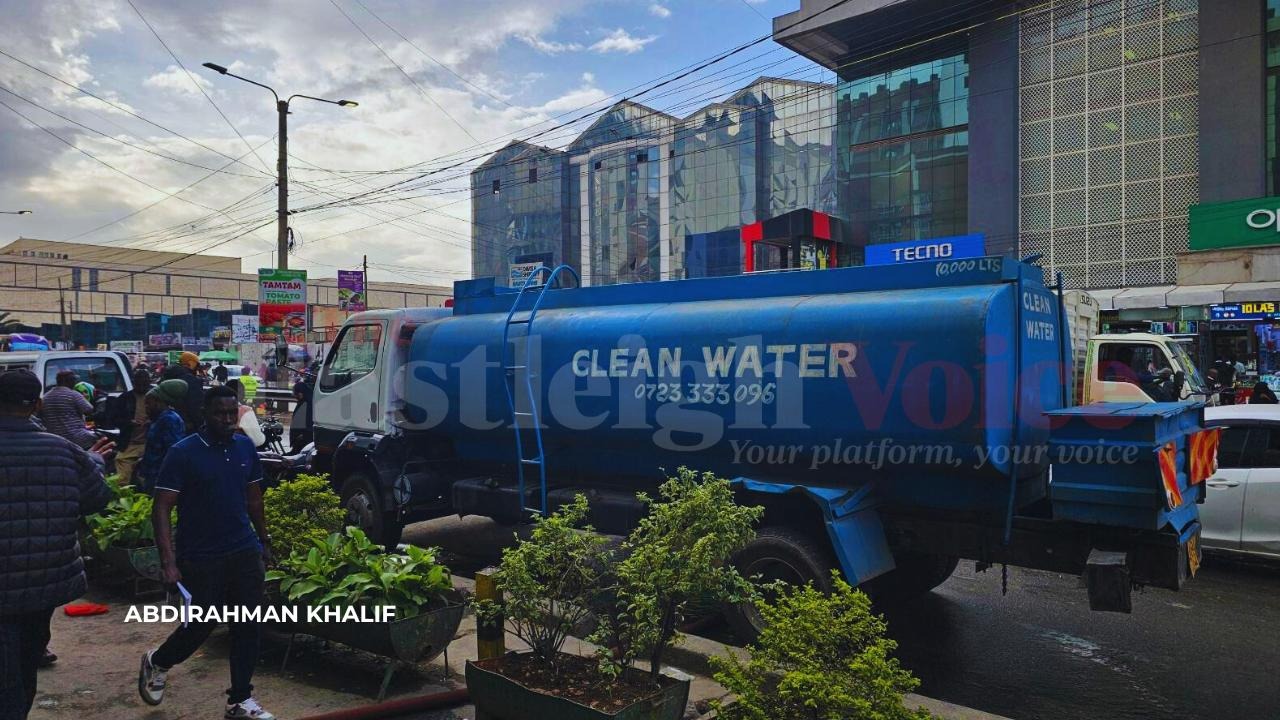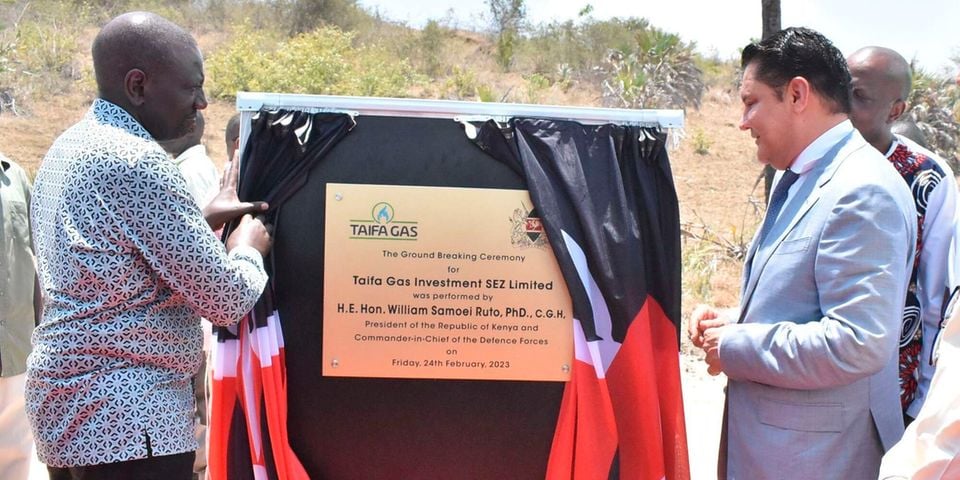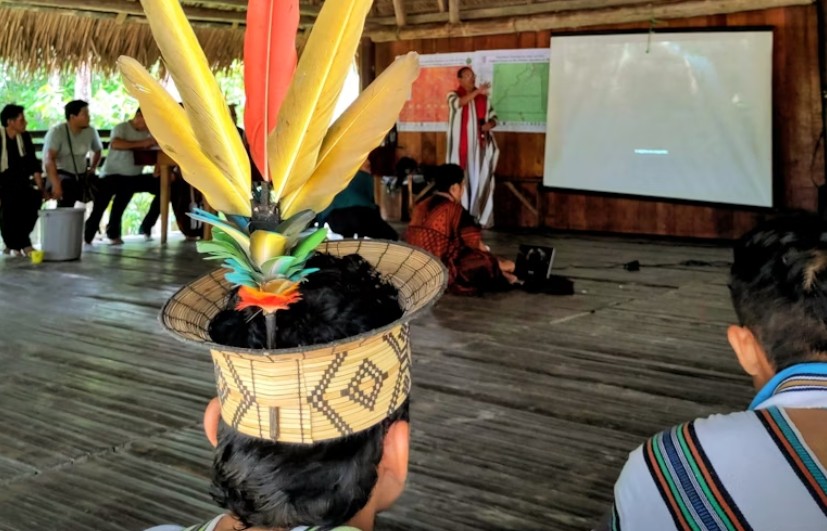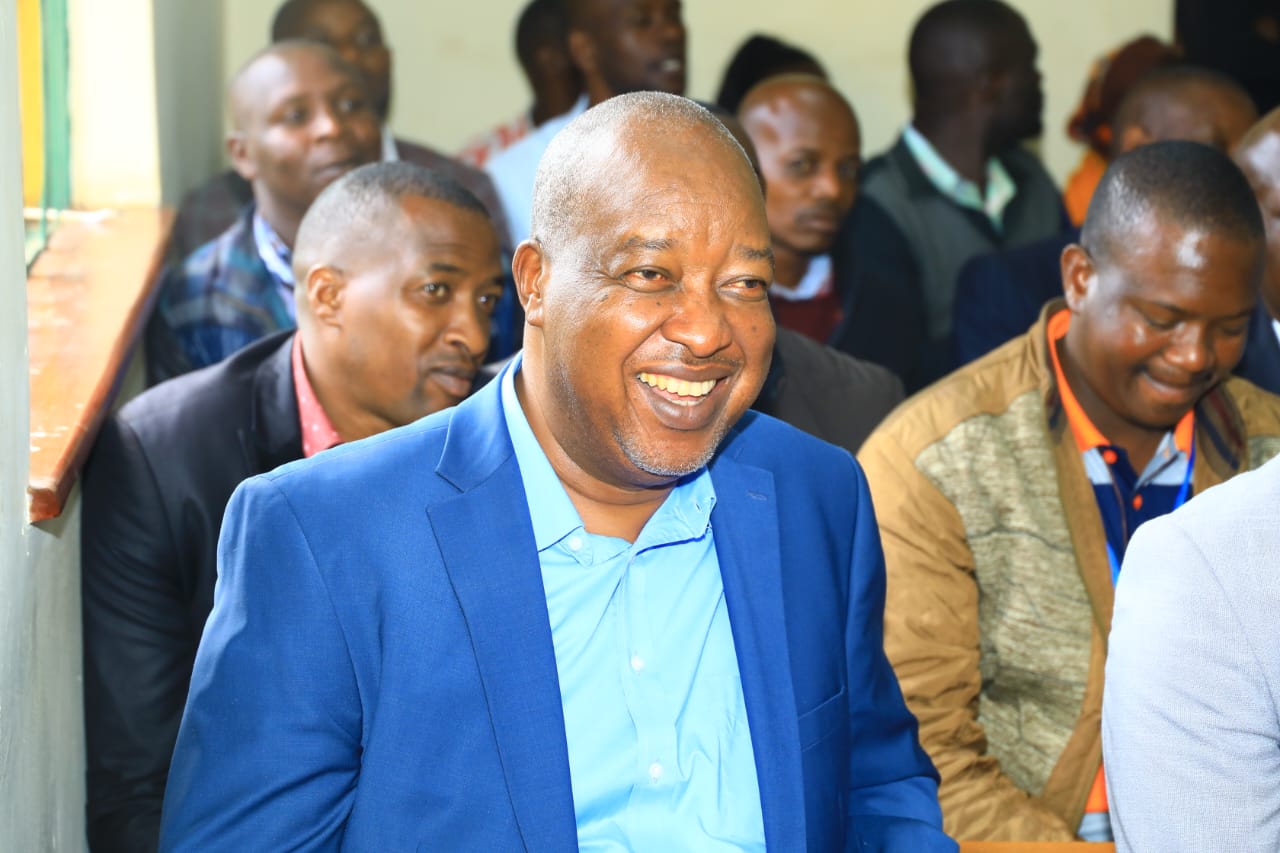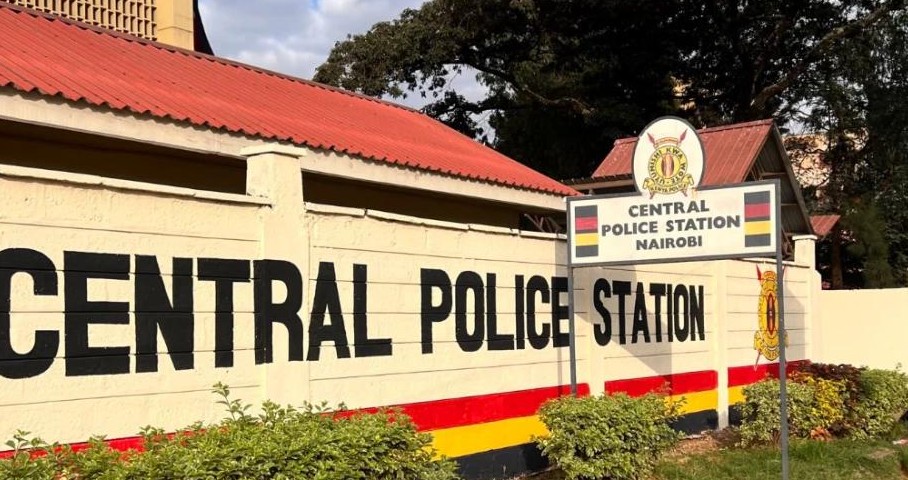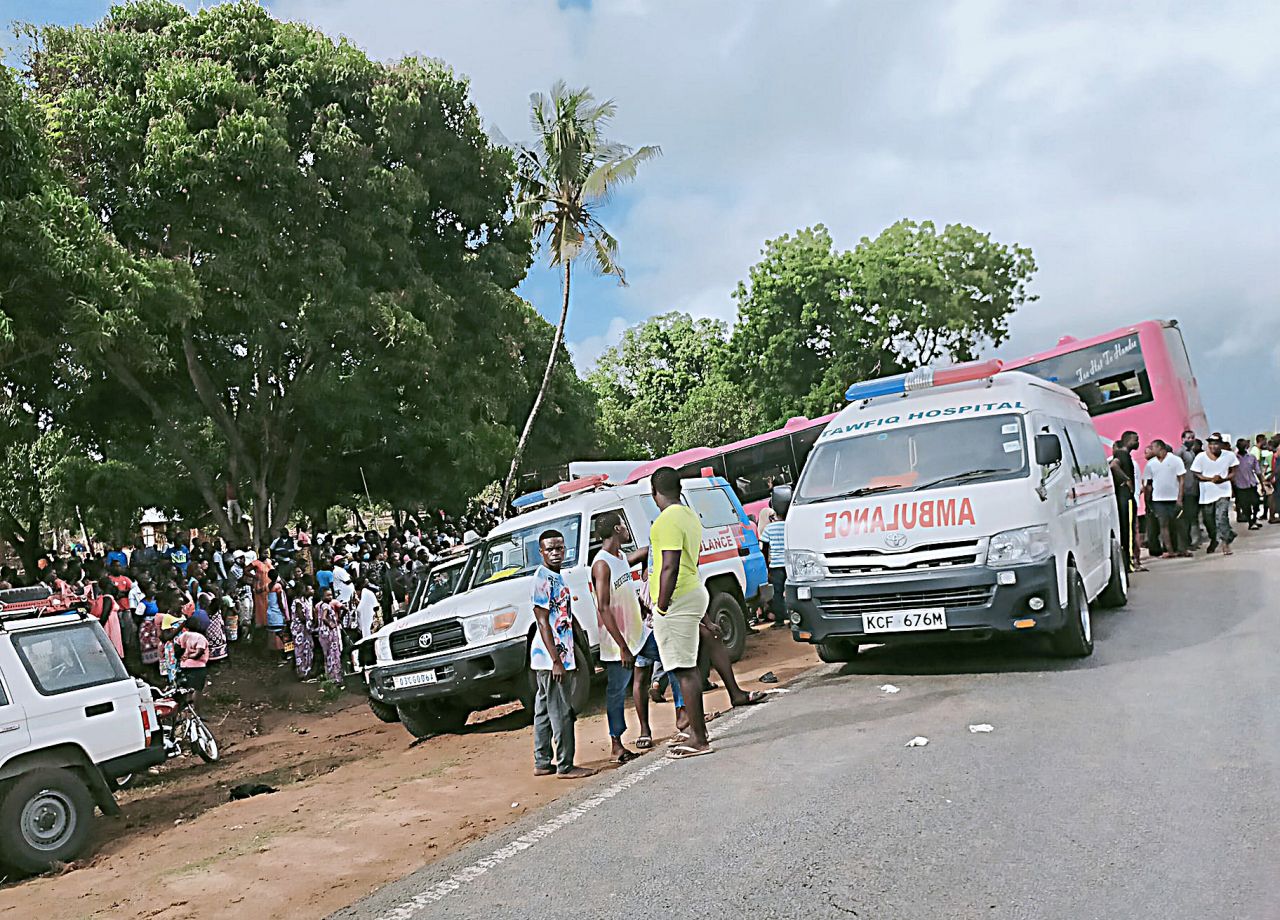19 cases of adverse reactions reported after polio vaccination, Health Ministry calls for calm
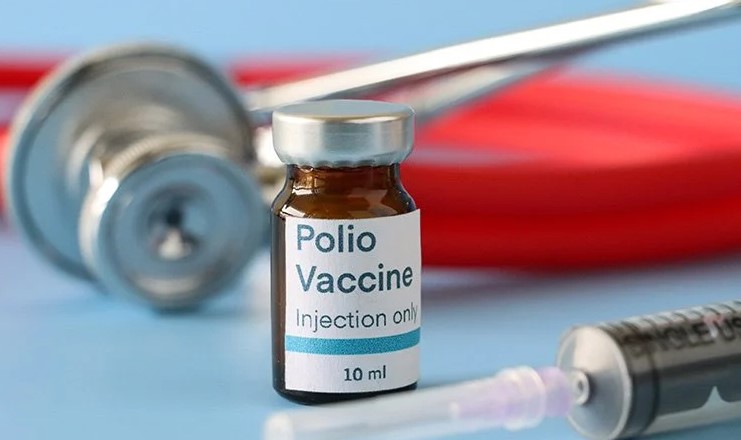
The campaign targeted over 3.8 million children under the age of five in nine high-risk counties, including Nairobi, Busia, Bungoma, Turkana, Trans Nzoia, West Pokot, Kiambu, Machakos, and Kajiado.
The Ministry of Health has announced that 19 cases of adverse reactions were reported following the recent nationwide polio immunisation campaign.
Director General for Health, Patrick Amoth, has, however, assured the public that such reactions are a normal occurrence with vaccines and should not deter parents from immunising their children.
More To Read
- Postpartum haemorrhage: How Kenya’s Roaming Blood Bank initiative is saving mothers' lives
- Surviving the next pandemic could depend on where you live
- Health Ministry rolls out new oxygen equipment to hospitals
- WHO urges countries to protect health budgets amid aid reductions
- Jaramogi Oginga Odinga Referral Hospital performs first lung removal surgery
- Schools told to set up lactation rooms as PS Muthoni pushes for maternal support
He noted that the campaign vaccinated 3.6 million children out of a targeted 3.8 million.
“Adverse reactions are normal and should never be a reason for not presenting children to be immunised,” Amoth said, urging parents to continue participating in vaccination efforts.
He emphasised the ongoing challenges posed by vaccine-preventable diseases, adding that many children are still dying from conditions such as pneumonia and diarrhoea, which are preventable through immunisation.
Amoth confirmed that all 19 cases of adverse reactions were reported after the vaccination and that the Ministry, in collaboration with county health teams, had investigated the incidents.
"We even visited the families of the affected children to reassure them that the reactions are normal and that all will be well," he said.
He further disclosed that the Ministry will hold a meeting next week with the National Vaccine Safety Advisory Group, an independent body constituted under the guidance of the World Health Organisation, to investigate any additional cases of adverse reactions.
Dr Amoth also called on Kenyans to avoid spreading misinformation about vaccines on social media, warning that failure to vaccinate children not only endangers their lives but also poses a risk to other children by undermining herd immunity.
“We have conducted many polio vaccination drives over the years, and there’s no cause for alarm,” he said.
He urged parents whose children were experiencing adverse reactions to return to the health facility where the child was vaccinated or to the nearest facility to allow health workers to document the case.
Common side effects may include rash, fever, irritability, vomiting, fatigue, diarrhoea, headaches, or muscle pain.
He said the ministry’s pharmacovigilance team would then follow up and investigate the incident.
The polio vaccination campaign, which ran from October 2 to October 6, was launched in response to a recent outbreak of circulating Vaccine-Derived Poliovirus Type 2 (cVDPV2) in the country.
This year, five cases have been confirmed: four in children from Kakuma Refugee Camp in Turkana County, and one from environmental surveillance in Kamukunji Sub-county, Nairobi.
The campaign targeted over 3.8 million children under the age of five in nine high-risk counties, including Nairobi, Busia, Bungoma, Turkana, Trans Nzoia, West Pokot, Kiambu, Machakos, and Kajiado.
Public Health and Professional Standards Secretary Mary Muthoni, while launching the campaign, acknowledged the contribution of over 107,000 Community Health Promoters to its success.
Top Stories Today

